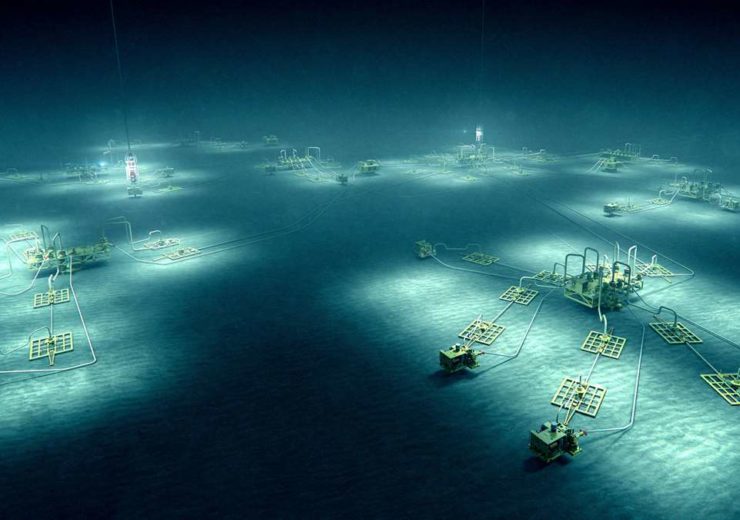Aker-led JIP partners include Total, Pertamina, Equinor and industry group CO2 Capture Project

Image: Aker has joined oil and gas operators join forces to qualify subsea gas separation. Photo: courtesy of Aker Solutions.
Aker Solutions has partnered with and a group of oil and gas operators to work on a joint industry project for subsea gas separation technologies.
The Aker-led Joint Industry Project (JIP) partners include Total, Pertamina, Equinor and industry group CO2 Capture Project (CCP), which comprises BP, Chevron and Petrobras.
Aker said in a statement: “Using CO2 injection to increase recovery rates in offshore oil and gas fields can improve the economics of a field significantly, but so far, the separation of `back-produced’ CO2 from the well-stream has been considered carried out on an existing platform, adding cost and making the concept economically unattractive.”
The JIP aims to identify required membrane qualities for a subsea gas and CO2 separation process in a bid to reduce the need for pre-treatment and avoid large processing modules.
The firm noted that the subsea gas separation has the potential to make CO2-rich gas fields commercially viable, and reinjection of CO2 into an oil field could increase recovery rates while extending its operational life.
Aker said it has developed new concepts for subsea processing of well streams from CO2-flooded oil fields where by CO2-rich gas is separated, compressed and re-injected back into the reservoir, allowing the hydrocarbon-enriched gas to be routed to the topside production facility.
The project will perform tests of different membrane qualities under relevant conditions
In order to assess membrane qualities that are suitable for bulk separation of CO2 in a subsea process, the partners plan to undertake tests on different membrane qualities under relevant conditions related to pressure, temperature, gas composition and rates.
The firm, in a statement, said: “Also, the qualified operating range for relevant membrane materials do not match the optimal operating conditions for gas separation on the seabed. Hence, testing must be done in order to obtain knowledge about membrane performance under these conditions.”
Based on the results of the tests, which will be carried out by the SINTEF research institute in Norway, the technical and economic engineering studies will be conducted to assess the technology concept.
Additionally, the project aims to validate technical and economic use of subsea processing for the realisation of offshore CO2 Enhanced oil recovery (EOR) in combination with reinjection and storage of CO2.
Aker said it has delivered the first subsea gas compression system to Equinor’s Åsgard field offshore Norway.
Earlier this year, Aker said it has launched Intelligent Subsea offering designed to accelerate field development and maximise performance.
